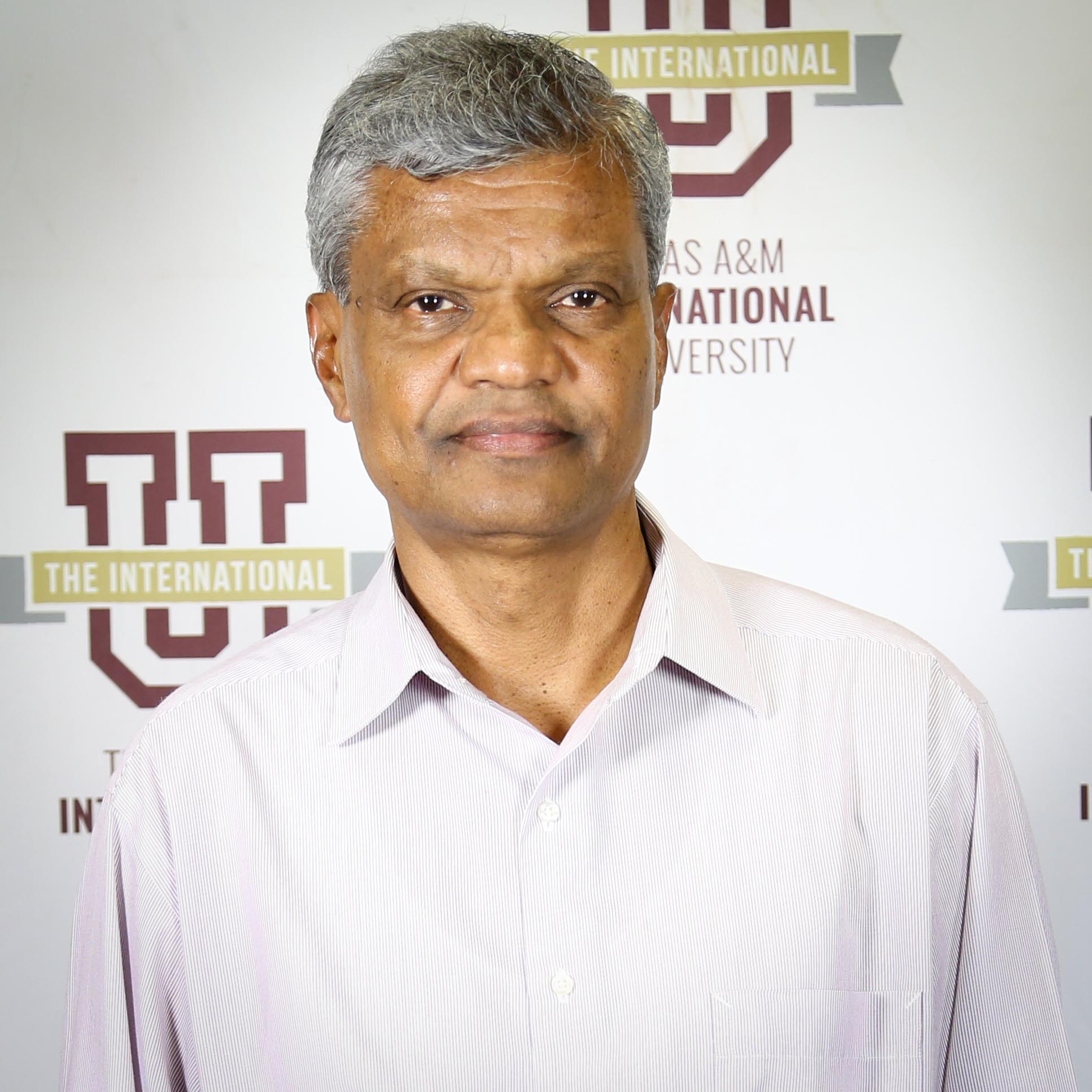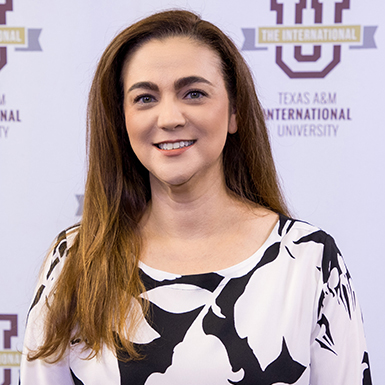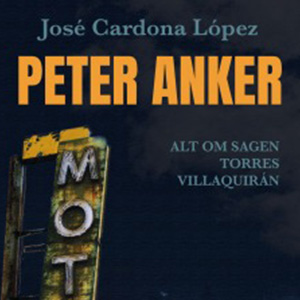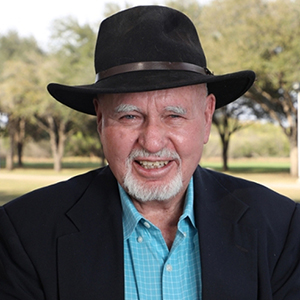TAMIU's Dr. Asligul Berktay Conducts Research in Colombia, Examines History of Enslaved Africans
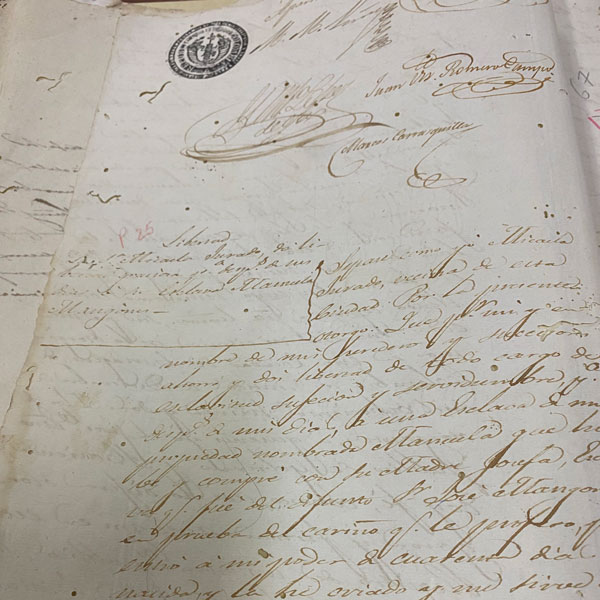
Texas A&M International University (TAMIU) assistant professor of History Dr. Asligul Berktay recently traveled to Colombia to undertake archival research and community-engaged scholarship on the experiences of enslaved and freed Africans in Latin America.
Her visit to Cartagena and Barranquilla, two Caribbean port cities, the former a historically key point of entry and transit for enslaved Africans between the 16th and early 19th centuries and the latter the contemporary hub of immigration into the region, are part of larger-scale research projects on the legacy of slavery and race relations across Latin America and the African diaspora.
While in Cartagena, she worked at the Archivo Histórico de Cartagena de Indias (Historical Archive of Cartagena de Indias), where she examined historical records documenting the life of enslaved people in the city. The documents comprised estate inventories following deaths, bills of sale that listed slaves, and neighborhood censuses stating the free/unfree status of the individuals as well as details regarding their families and occupations.
From there, she moved on to the city of Barranquilla, where she held two main activities with the support of Plataforma Caníbal , a social and cultural platform whose main objective is the empowerment of local communities through the arts, as well as other cultural and academic activities, and Fundación Casa de Hierro .
She gave an extensive interview for the Universidad del Norte's radio station in Barranquilla about the Caribbean past and current realities, non-mainstream feminisms of Africa and its diaspora, and on being a historian. This radio interview was aired in March and can be found on Spotify.
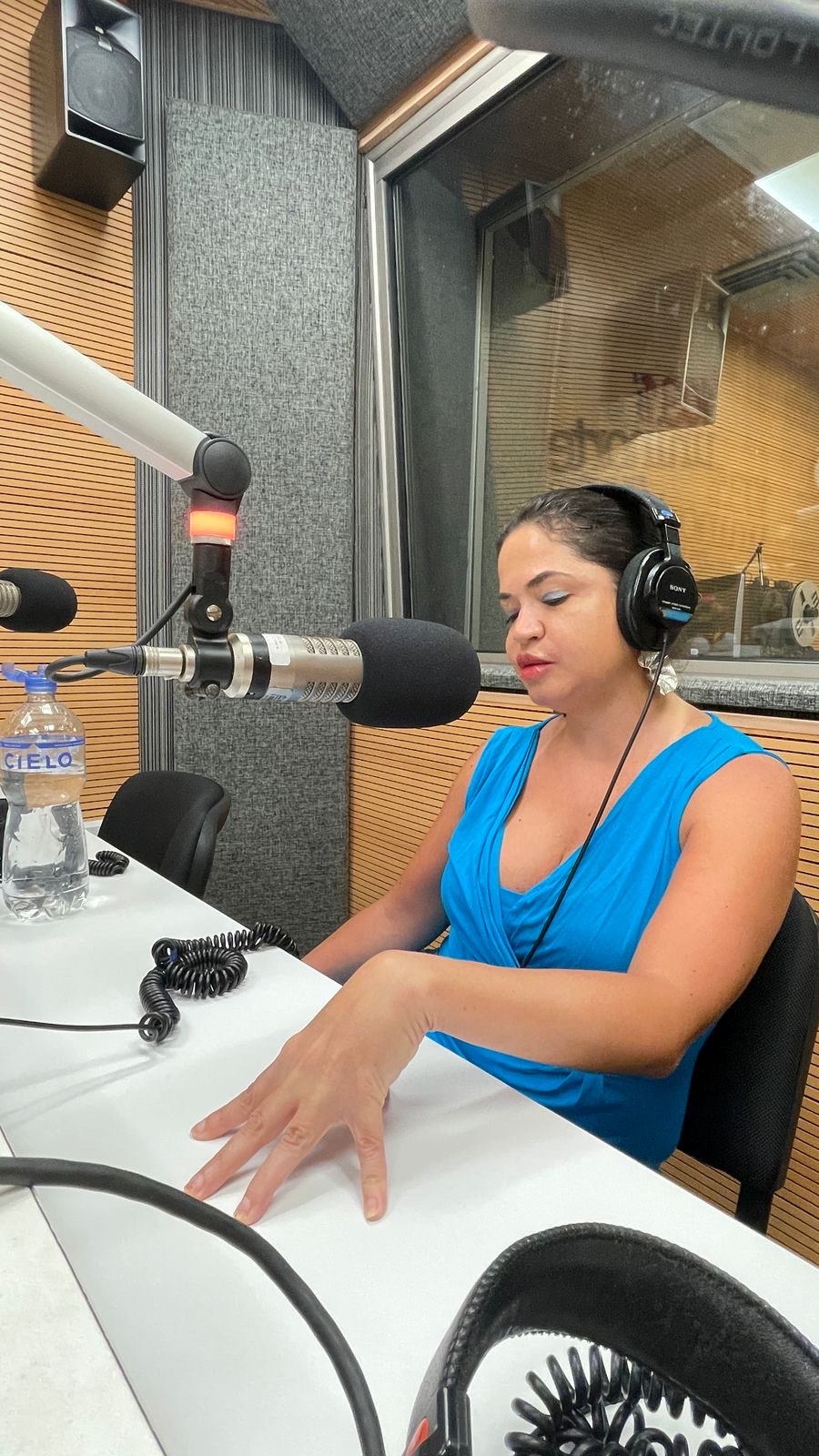
Dr. Asligul Berktay
In Barranquilla, she also had a conversation with doctoral students in Caribbean Studies at the Universidad Simón Bolívar. Its purpose was to discuss the research projects of these Ph.D. students, the local realities of Colombia's Caribbean coast and the regional and global circumstances of the wider Caribbean.
"My work contributes to the larger effort of accessing the lives of Africans and their descendants, which has dominated African Diaspora historiography through different approaches for the last five decades or so," Dr. Berktay said, "I do this primarily through reading official documents against the grain and combining them with unconventional sources, therefore bringing to the forefront the voices of marginalized historical actors."
She elaborated, "Additionally, I engage in the scholarly effort to do African Diaspora history in a way that is strongly connected to African history. My previous training and continuing research and teaching interests in African history enable me to work with the African continent in a more grounded and nuanced manner."
Dr. Berktay's Colombian field experience will contribute to two articles and a historical monograph she is currently preparing. One of the articles will be for a special dossier to be edited by TAMIU professor of Spanish American Literature Dr. José Cardona-López for the Revista de Literatura Mexicana Contemporánea (RLMC), published by Ediciones Eón (Mexico City) in conjunction with the University of Charleston and the Autonomous University of Querétaro, México. In it, she will interlace her historical research in Cartagena with Gabriel García Márquez's novel, "Love in the Times of Cholera," which is based in the same city.
"I look at the larger world and networks within which Africans operated in their Brazilian lives, with a specific focus on African agency and processes of community formation, while I also analyze important aspects of their religiosity and cosmologies," Berktay said, "I argue through the use of the relevant historiography from both Africa and the African Diaspora that such an analysis has important implications for grasping the complexity of the experiences of Africans and their descendants in slave societies all over the African Diaspora, and especially in Latin America, through revealing the common processes of identity and community formation, retention, adaptation, and resistance."
Berktay is a historian of Latin America, the Caribbean, and Africa, with a specialization in the African Diaspora in Latin America. She holds a Ph.D. and MA in Latin American History from Tulane University, as well as another MA in European History from Central European University in Budapest. She earned her bachelor's degrees in Critical Social Thought, Spanish Language and Literature, and African Studies from Mount Holyoke College.
Her current book project analyzes the wills of freed Africans in 19th Century Salvador, Brazil. Simultaneously, she is working on a second historical monograph on enslaved and post-slavery life in the city of Cartagena de Indias in Colombia, as well as several ethnographic and multi-disciplinary studies in Brazil, Colombia, and Senegal. Berktay has conducted both historical and ethnographic fieldwork in nine countries and is fully fluent in 14 languages, and functional in several others.
For more information, please contact TAMIU's Office of Public Relations, Marketing and Information Services at 956.326.2180, email prmis@tamiu.edu or visit offices located in the Sue and Radcliffe Killam Library, room 268.
Registration for TAMIU’s Maymester, Summer, and Fall 2025 is underway online via Uconnect.
For more on TAMIU’s story, visit its social media channels: Facebook, Instagram, LinkedIn, Twitter, and YouTube, and online at tamiu.edu.
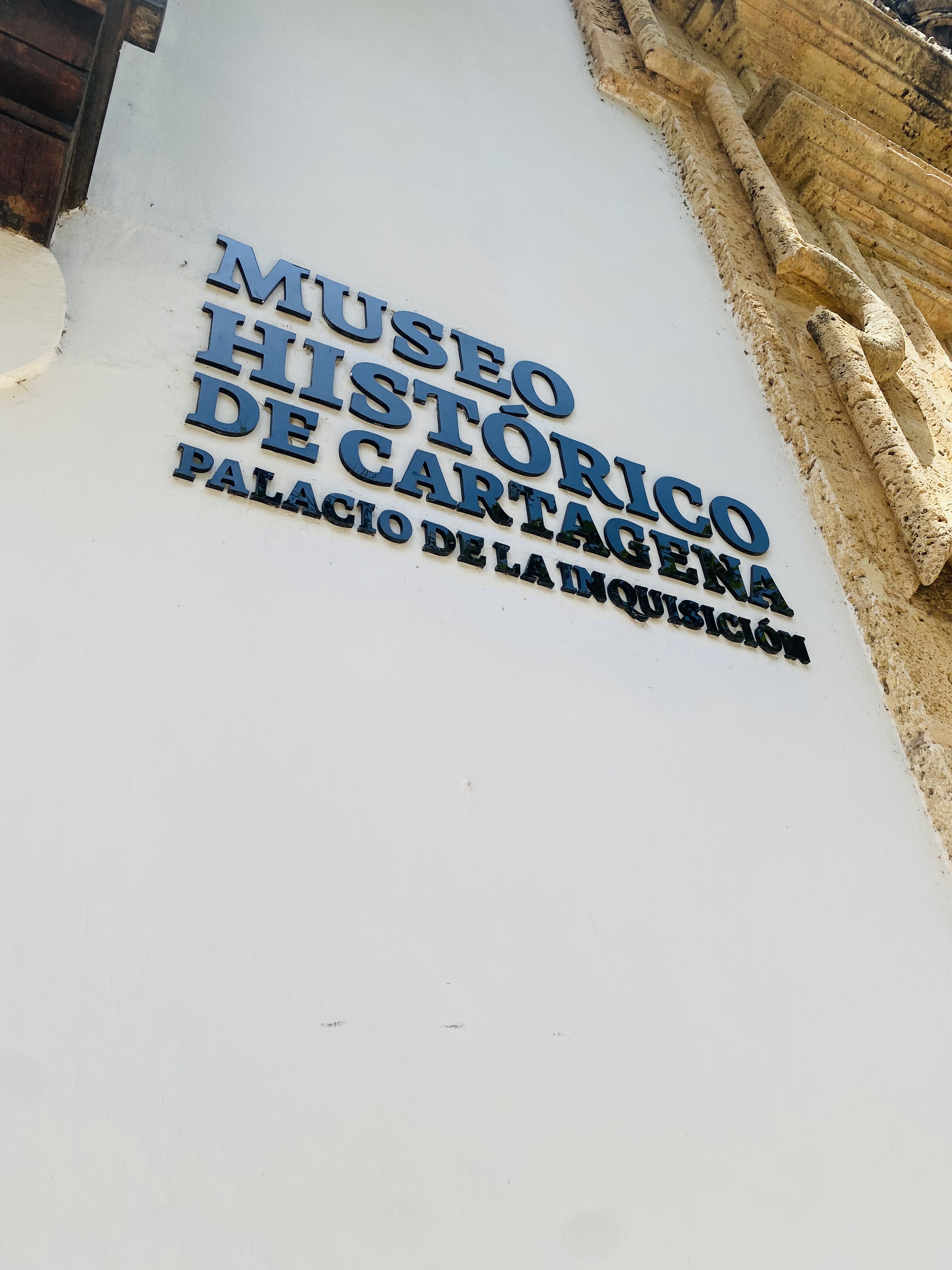
Historical Museum of Cartagena Palace of the Inquisition
